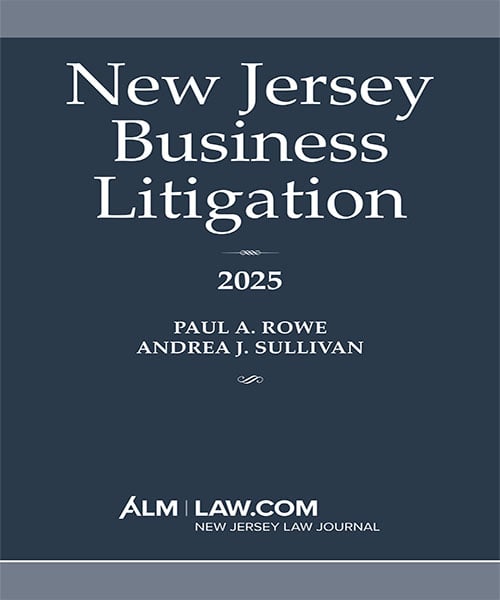0 results for '*'




Making Room for Rooftop Wireless Antennas in New York
David E. Bronston, a member of Cozen O'Connor, and Paul J. Proulx, an associate at the firm, write: While seemingly everyone utilizes a wireless telephone in one way or another, the infrastructure necessary to support such services, like most types of infrastructure, is often subject to a "Not in My Backyard" reaction. In the case of wireless roof antenna installations, local reaction is most aptly described in the words used by Supreme Court Justice Alan D. Scheinkman, who, in a recent Westchester County decision, characterized the case before him as a "Not on My Roof" dispute.
Filing Proofs of Claim in Bankruptcy Cases - A Primer
Scott I. Davidson, of counsel at Kaye Scholer, writes that while the preparation and filing of proofs of claim is ordinarily a straight-forward process, there are certain pitfalls that must be avoided to ensure that a client's claim is adequately and appropriately preserved in a bankruptcy case. By doing so, the only issues that should remain are the substantive bases for the allowance of the claim, which will rise and fall based on the unique facts of the debtor-creditor relationship.View more book results for the query "*"



Ideas Abound for Improving the System of Electing Judges

Real Estate Workouts - Excess Nonrecourse Partnership Debt
In his Real Estate Securities column, Peter M. Fass, a partner at Proskauer Rose, continues a discussion of the tax consequences of restructuring a troubled loan secured by real estate, where the owner is a partnership, with a review of a recent IRS revenue ruling which addresses guidance on cancellation of indebtedness income in the partnership context.
Medical Literature as Evidence: A Missed Opportunity
Andrew S. Kaufman, a partner at Kaufman Borgeest & Ryan, writes: New York is in a distinct minority of jurisdictions in which published medical literature is usable on cross-examination only if the opposing expert concedes it is authoritative. Given the desire of each party to introduce supporting literature and the opposing party's reluctance to have it admitted, a curious scenario has been created in which the vast majority of experts in New York prefer to deny that anything is authoritative.
Judge Upholds Detention Of Grand Jury Witnesses
By Mark Hamblett IT DID NOT take long for a split to develop over the constitutionality of a critical tool for investigators probing the Sept. 11 terror attacks the detention of potential grand jury witnesses under the federal material witness statute.Trending Stories
Featured Firms
Law Offices of Gary Martin Hays & Associates, P.C.
(470) 294-1674
Law Offices of Mark E. Salomone
(857) 444-6468
Smith & Hassler
(713) 739-1250





